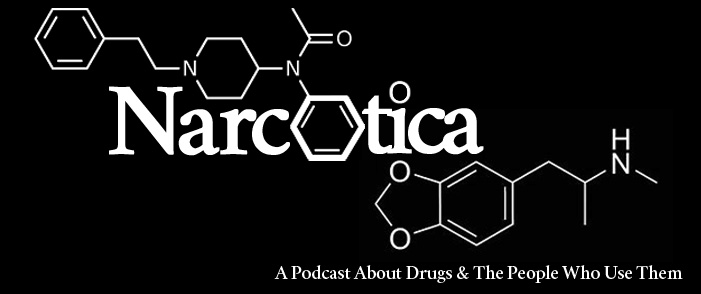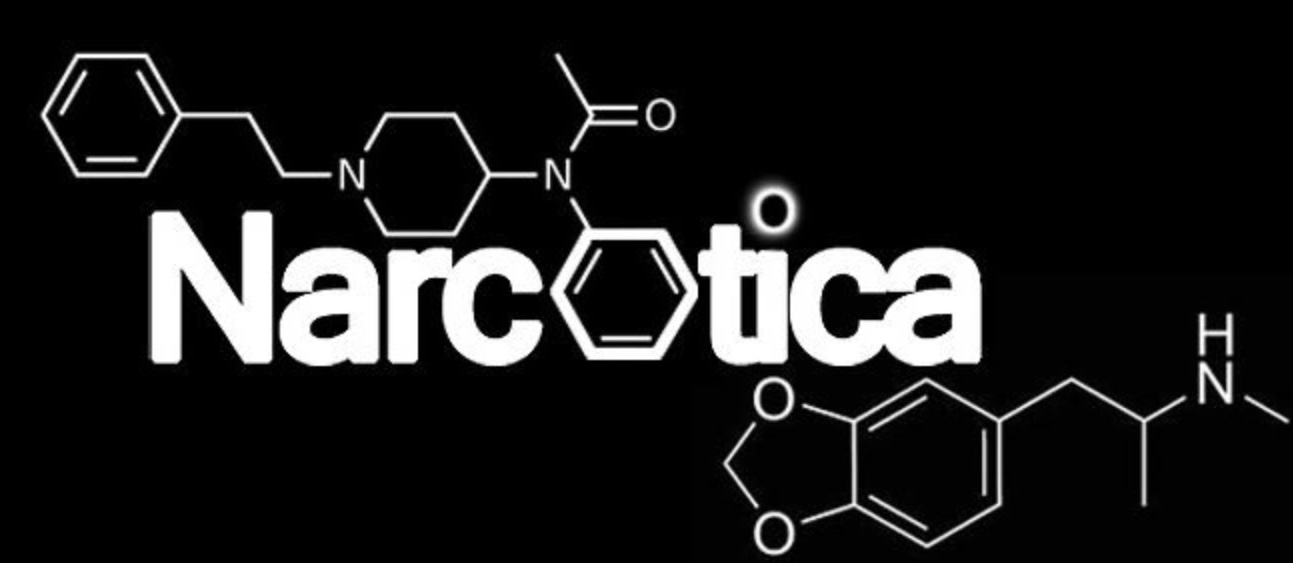Episode 83: The Parents Who Oppose The War on Drugs with Tamara Olt and Gretchen Bergman
The War on (People who Use) Drugs has claimed over a million victims in the last two decades, every fatal overdose representing deep policy failures that attempt in vain to control normal human behavior: self-medicating and inducing euphoria.
None of this wonky policy bullshit matters much when you’re the parent of a child who dies from an overdose.
Few things in life are as devastating as losing your kid. It stirs up some of the deepest, darkest emotions humans are capable of and when drugs are involved, that typically turns into a thirst for retribution. That can mean demanding stricter penalties for drug use, like so-called drug homicide laws, or calls for increased police surveillance. But we have over a century of data proving that prohibition doesn’t work. More cops, more draconian drug laws — it all just backfires. We have more police, more prisons and yet more drug overdose deaths than ever before. That’s why it’s such a breath of fresh air when parents whose children struggle with drug use or addiction advocate for harm reduction and sensible drug policy.
Narcotica co-host Troy Farah spoke with Gretchen Burns Bergman, whose two grown sons who are in long-term recovery from heroin addiction, and Tamara Olt, M.D., who lost her 16-year-old son Joshua to an accidental heroin overdose in 2012. Both strongly advocate for a more rational approach to how we treat substance use in the U.S. They discuss everything from safe supply, to the myths of “tough love” and “enabling” to buprenorphine access to the ridiculous (but trending) idea that fentanyl is a weapon of mass destruction.
This interview, which was conducted last November, was also featured in Salon.
Read Tamara’s essay in Elle here: https://www.elle.com/culture/career-politics/a29036663/syringe-exchange-grief-recovery/
Lear more about GRASP (Grief Recovery After Substance Passing) here: https://grasphelp.org/
Learn more about A New PATH (Parents for Addiction Treatment and Healing), a non-profit organization that works to reduce the stigma associated with substance use disorders through education and compassionate support at https://www.anewpath.org/
Learn more about Moms United at: https://www.momsunited.net/
Also, Narcomedia is excited to announce a new project, all from the perspective of people who use drugs: Naturally Noncompliant is a new podcast all about people who use methadone. Listen to the first episode here or on iTunes or Spotify: https://rephonic.com/podcasts/naturally-noncompliant
If you liked this episode, here are others you might enjoy:
Episode 62: Policing Pleasure — The Intersection of Sex Work and Drug Use with Tamika Spellman and Caty Simon
Episode 56: Drug Use During Disaster with Aaron Ferguson
Episode 67: Methadone in the Time of Covid with Danielle Russell
Follow Narcotica on Instagram, Facebook, Twitter, YouTube and support us on Patreon. We just opened a shop where you can order Narcotica merch: narcocast.myshopify.com Help keep this podcast ad-free! Your support is appreciated! We’re on Spotify, iTunes, Stitcher and more. Tell your friends about us! Rate us! And thanks for your support!
Producers: Christopher Moraff, Troy Farah, Zachary Siegel, Aaron Ferguson
Music: Glass Boy / Nomad1
Image: Image via The Noun Project // edit: Troy Farah
Intro voice: Jenny Schaye













Recent Comments